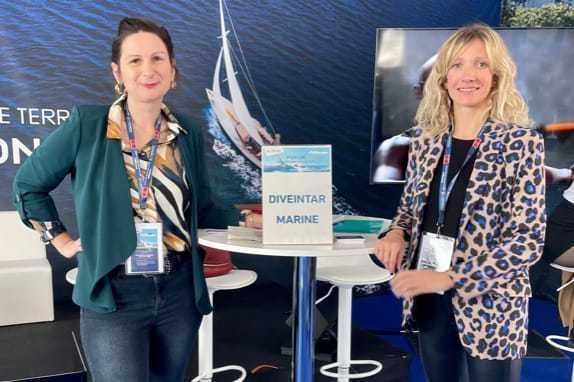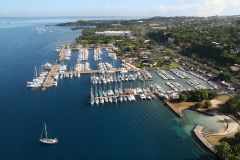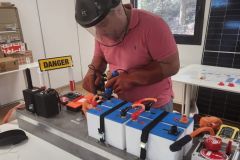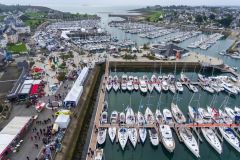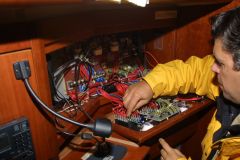Labor shortages and recruitment difficulties are at the heart of the yachting industry's concerns. How can human resources players help the industry? We interviewed Marina Jovanovic, Recruitment and Business Development Manager at Diveintar Marine, a specialist in the field, to find out more about her work.
How was Diveintar marine created?
It was founded in 2008 by a team already working in the maritime sector. In the early days, the agency specialized in the recruitment of technical personnel in the offshore sector, then gradually turned its attention to other sectors of the maritime industry: merchant navy, ship repair and construction, defense, marine works, port management, yachting and boating.
In 2016, Diveintar Marine was sold to the Opka Invest group.

We are currently based in La Ciotat and Marseille, and have a team of seven employees. We recruit and offer jobs for technical and support positions in virtually every sector of the maritime industry, in the broadest sense.
What types of contracts do you offer?
We have two activities: temporary work and placement on fixed-term or permanent contracts. We offer each of our customers a personalized solution tailored to their specific needs.
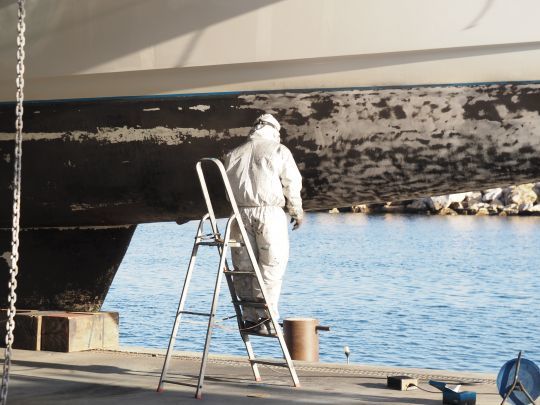
We operate throughout France, in the Mediterranean, Atlantic, English Channel and North Sea, including the Paris region. And internationally too, if the recruiter's head office is based in France.
Recruitment difficulties are recurrent in the sector. How do you cope with this phenomenon?
The market has been very tight for many years, and we're facing a labor shortage in virtually all trades. After more than 15 years in business, we are fortunate to benefit from a very dense address book, with many companies placing their trust in us. At the same time, we have a very large pool of candidates who also place their trust in us.
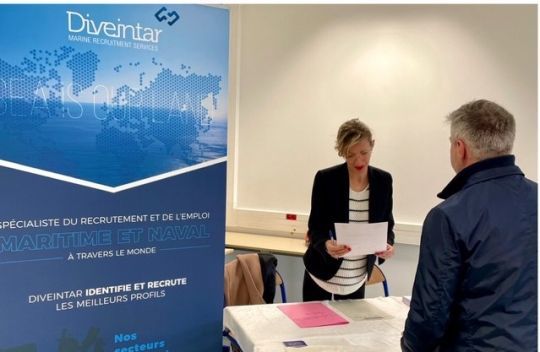
We take part in trade fairs, communication campaigns and promotions for seafaring professions
Last but not least, we constantly monitor our customers' research.
How do you recruit your candidates?
It all depends on the profile you're looking for. In all cases, we pay particular attention to the candidate's interpersonal skills, commitment and motivation. We check their ability to adapt to the company, and their willingness to train and improve their skills.
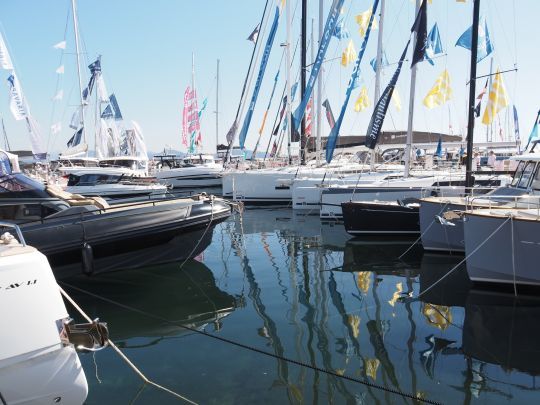
We have a huge demand for temporary work, both on the recruiter's side and on the candidate's, as temporary work enables them to integrate a wide range of skills.
We really like to visit our customers, find out about their activities and get a feel for their state of mind, so that our candidates' values match those of the company. This is very important, because the nautical sector is mostly made up of enthusiasts and requires very specific skills.
What are the most sought-after profiles?
There are lots of them! All year round, we're looking for technical positions in electrical engineering, outboard and inboard mechanics, laminating and composites, and carpentry. But we also get a lot of requests for positions of responsibility, with an executive profile: marketing and purchasing manager, procurement manager, technical sales representative or shipyard and marina manager are the profiles we're currently looking for.
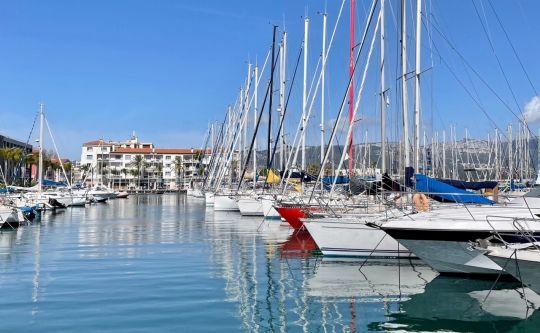
The market is currently in favor of candidates, who have high expectations and are very attentive to the benefits a company will bring them.
How much does it cost to recruit for a nautical company?
We tailor our approach to each customer. The process is not the same for recruiting a mechanic or a production manager. Our assessment work is different, and the cost varies according to the type of profile we're asked to assess.
How do you see the market evolving in the coming years?
In our case, it's clearly positive, due to the sector's dynamism. What's more, the "baby boomer" generation is retiring and will have to be replaced. The challenge is to attract more young people, particularly to the manual trades which have been under great pressure for many years. These trades can offer excellent career opportunities and attractive remuneration.

 /
/ 